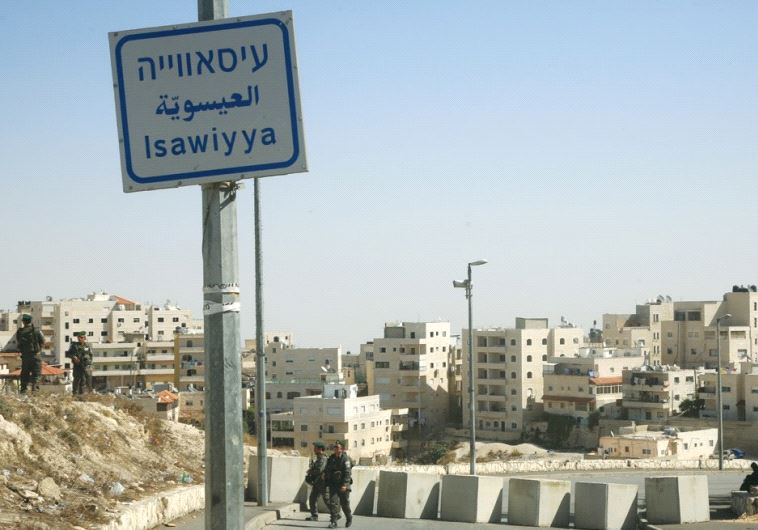Encountering Peace: Inspiration, not slogans
"The idea that the Arab states like Saudi Arabia will embrace an Israel that builds a cage around Palestine is ignorant and deceitful."
 POLICE PATROL at the entrance to the east Jerusalem neighborhood of Isawiya.(photo credit: MARC ISRAEL SELLEM)
POLICE PATROL at the entrance to the east Jerusalem neighborhood of Isawiya.(photo credit: MARC ISRAEL SELLEM)